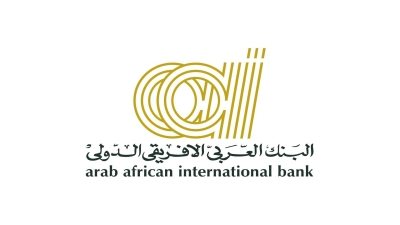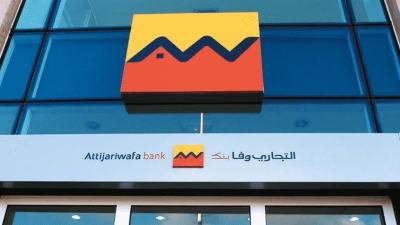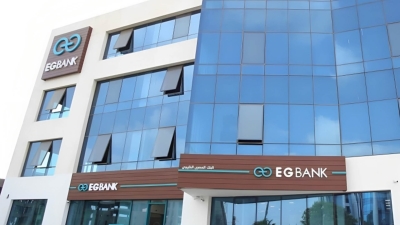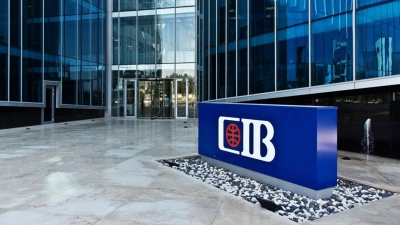ABK-Egypt records a significant performance on the First Bank Financial Soundness Index by scoring 55.8 points
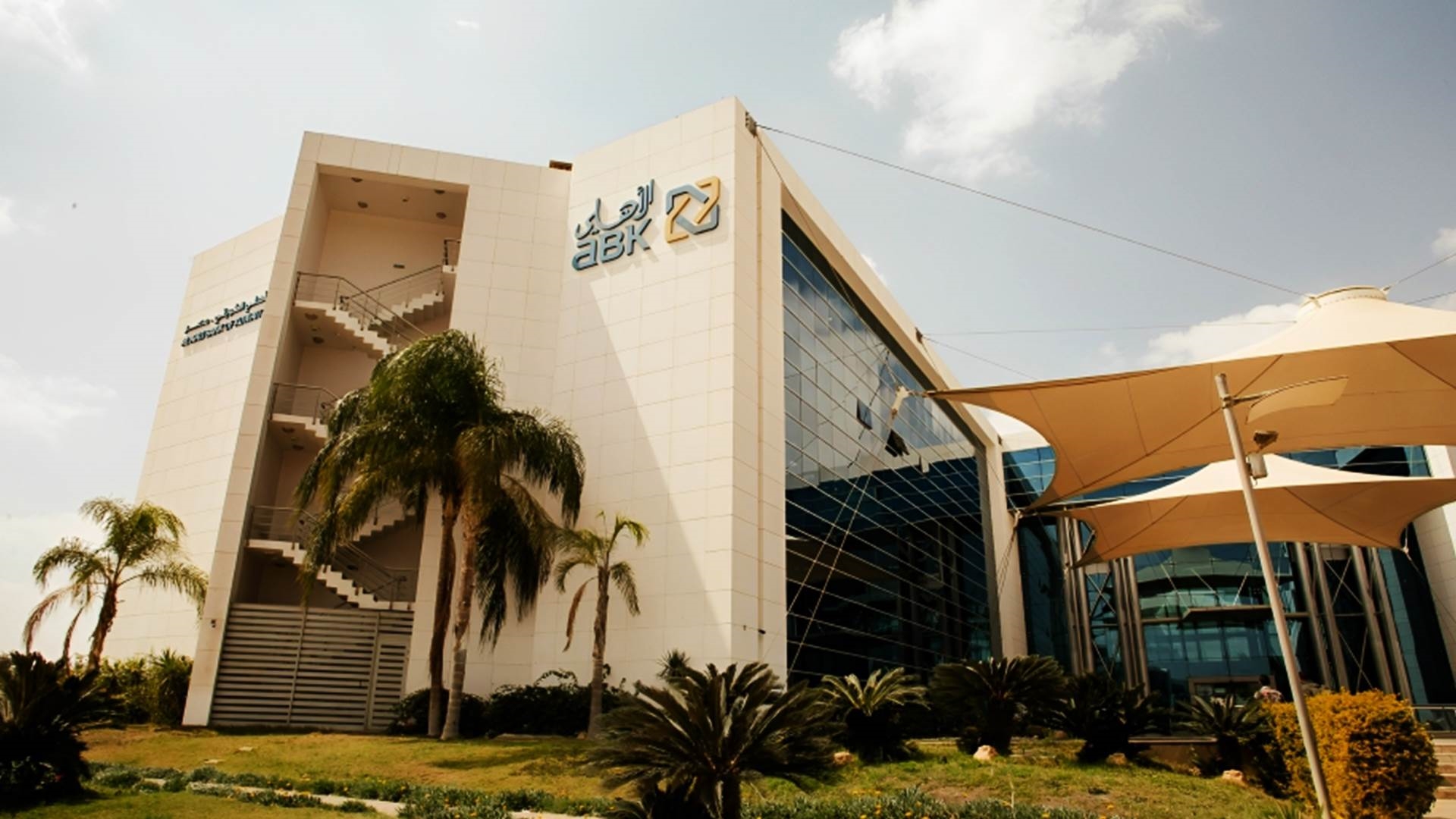
ABK-Egypt scores 55.8 points on the First Bank Financial Safety Index by the end of the first quarter of 2024, beating the sector average of 50 points in the same period.
The financial soundness index set by First Bank, measures the strength and soundness of the banks' financial position and ability to preserve the funds of depositors and shareholders. The financial soundness index is based on six measures: the capital adequacy ratio, the financial leverage ratio, assets to deposits ratio, shareholders’ Equity to deposits ratio, loans to deposits ratio and non-performing loan ratio.
Turning to the index's first element, the capital adequacy ratio, this index registered 19.63% by the end of March 2024, exceeding the banking sector average of 18.10% in the same period and the regulatory limit limits set by the Central Bank of Egypt which are consistent with Basel Accord of 12.5%.
As for the second element of the Financial soundness Index, the leverage ratio, the Bank exceeded the banking sector average, with the bank's leverage ratio being 10.22% by the end of March 2024, compared to the sector average of 7.30% in the same period.
In terms of the third element, the non-performing loan ratio, it stood at 2.01% by the end of March 2024, compared to the sector average of 2.6% in the same period.
As for the fourth element, loans to deposits ratio (loans/deposits), the Bank achieved 57.82% at the end of the first quarter of 2024, compared to 59.9% at the sector level at the end of the same period.
Regarding the fifth element of the First Bank Financial soundness Index, Asset coverage ratio for deposits (assets/deposits), ABK-Egypt recorded 120.13% by the end of March 2024, compared to the banking sector average of 156.64% in the same period.
Finally, in the sixth element, Shareholders’ Equity coverage ratio for deposits (equity/deposit), ABK-Egypt exceeded the sector average, reaching 12.69% by the end of March 2024, compared to 10.88% at the banking sector level in the same period.


